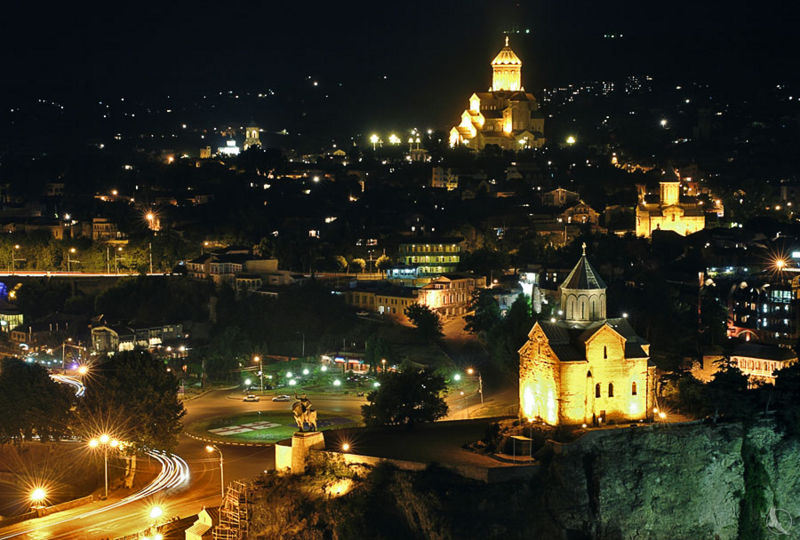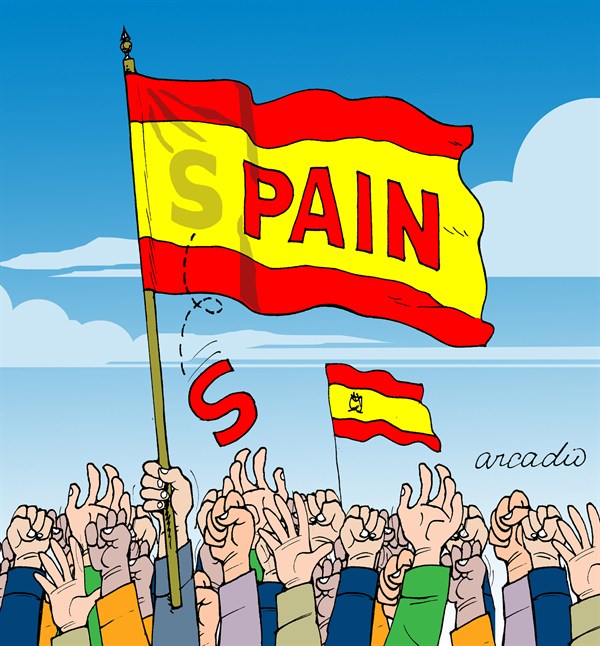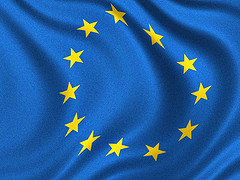It is Not Only About Germany: Technocratic Agenda and the European Project
Mark Leonard, Director of the European Council on Foreign Relations, recently discussed an important trend that looms over the European project. Commenting on the recent scandalous statements by the Germany populist politician Thilo Sarrazin and the disavowal of his position by leading German politicians, Leonard voiced his concern that if ‘the establishment cartel turns [populists like Sarrazin] into outcasts rather than arguing with their views’, they will be able to tap into an ever-growing ‘reservoir of pent-up political frustration’. Leonard goes on by stressing that it is particularly worrying that ‘Germany’s leaders are now trying to treat foreign politicians who question German orthodoxy the same way they treat their own populists’. German responses to the question of a Greek referendum …

The Caucasus: A case of mistaken identity?
What matters more: who you think you are or who others think you are? Addressing a major gap in IR scholarship, the importance of identity in influencing state behaviour was first elucidated by writers within the Constructivist school of thought, most notable among whom was Alexander Wendt. In his seminal article “Anarchy is what states make of it”, Wendt draws attention to the significance of identity by employing the metaphor of “the looking-glass self”, arguing that states form identities of themselves through their interactions with other states: that “the self is a reflection of an actor’s socialization”(Wendt 1992:404). Such a theory seems to predict that a state’s identity and how others perceive it should bear correlation. How, then, do we …
Europe: the problem is not ‘north-south’ but ‘east-west’
In his stimulating recent post ‘France and the New Balance of power’, Oxford’s Geoffrey Gertz argues that the near-certain election of Francois Hollande will change the balance between ‘North’ and ‘South’ in Europe. Having for so long reckoned herself part of the German, Dutch, Scandinavian and Eastern European ‘North’, he suggests, France will now join Greece, Portugal, Spain, Italy and possibly Bulgaria and Hungary in the ‘South’. He may well be right: Hollande’s recent demands that the stability pact be renegotiated, that Germany would have to push for growth as well as balanced budgets and the whole tenor of his campaign is evidence enough. I wonder, though, whether a Hollande victory might not also have profound consequences for relations between …

The European Dilemma: the Monetary Union and the Road Ahead
Countries in the periphery of the Eurozone face one of the toughest dilemmas in recent history. Each of them with their particularities, Greece, Portugal, Italy and Spain all share the challenge of dealing with the consequences of sustained large current account deficits, the accumulation of public and private debt and a protracted banking crisis. On top of these troubles, they lack an independent monetary policy, possess minimal fiscal maneuverability due to already unsustainable levels of public debt, and have to work under a marked sense of urgency due to painful and untenable unemployment rates. Their dilemma is over whether to implement further structural reform in the frame of the Eurozone, knowing that these measures could take longer to take effect …
France and the New Balance of Power in a Crisis-Stricken Europe
I’ve been neglecting my blogging duties of late as I’ve been preoccupied studying for an exam on International Relations theory and history. With the exam safely behind me I’m back to blogging, but still have academic IR debates on the mind, so today I want to write about what the history of early 20th century European relations can tell us about the continent’s current political economy. To grossly oversimplify, back in the pre-WWI days Europe was controlled by a number of Great Powers of roughly equal strength, who were in continual competition with one another to run the world. They typically pursued their goals by forming loose and shifting alliances; whenever any one state seemed to be getting too strong, …

Boiling over – Spain’s economy needs bold leadership
The scope and scale of the Eurozone crisis has led many to forget that different countries had very different economies when the crisis erupted. In an attempt to arrive at general conclusions about the malaise affecting the economies of the EU we have failed to understand the particularities of each case. The most common of these generalisations is that high levels of public debt in the EU periphery are the overall cause of the Union’s problems. Current debates about the economic situation in Spain, for example, are centred on the country’s need to reduce its budget deficit to 5.3% of GDP, as agreed this year with European partners in Brussels. Just recently, the newly elected Spanish conservative government succeeded in …

If Francois Hollande wins: what chance for a real change of direction in France and Europe?
Francois Hollande, candidate of the French Socialist Party, is still the frontrunner in the French presidential elections. But he is untested in government. And in the midst of the euro crisis and the eurozone’s commitments to binding austerity, what are the chances that a Hollande victory could represent a real change of direction in France and catalyse a real debate about social democratic alternatives in Europe? Or would President Hollande find his hands tied by decisions already taken? Hollande is putting his central emphasis on youth and on justice. He is ruffling feathers in Brussels and Berlin by insisting that he will renegotiate the EU’s newly agreed fiscal treaty – enshrining budget discipline and austerity into eurozone countries’ national laws …

What Future for a Greece in Crisis?
An early spring Sunday afternoon in Athens finds tourists and Greeks alike chattering away in cafes and on terraces soaking up the sunshine. But a walk around the centre soon reveals boarded up shops and buildings – many from closures, some from arson attacks at demonstrations this February and earlier. By the famous ‘neo-classical trilogy’ of buildings comprising the National library, Academy of Greece and University of Athens, you can see drug-users injecting on the pathways. It is all part of the visible face of the deep social, political and economic crisis that is battering Greece. Economists and other pundits continue to argue over whether the second bail-out deal agreed at the end of February will be the last and …









